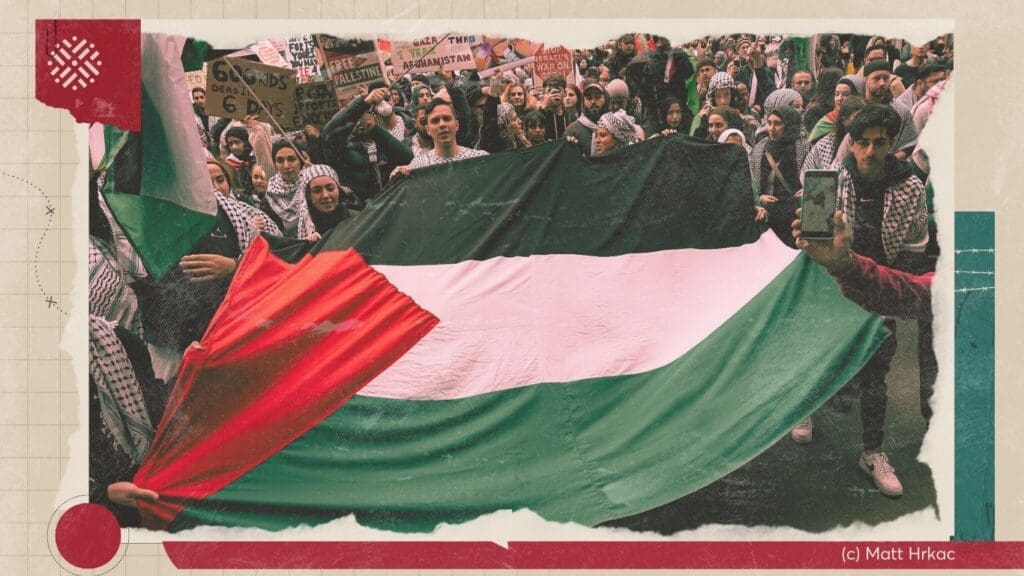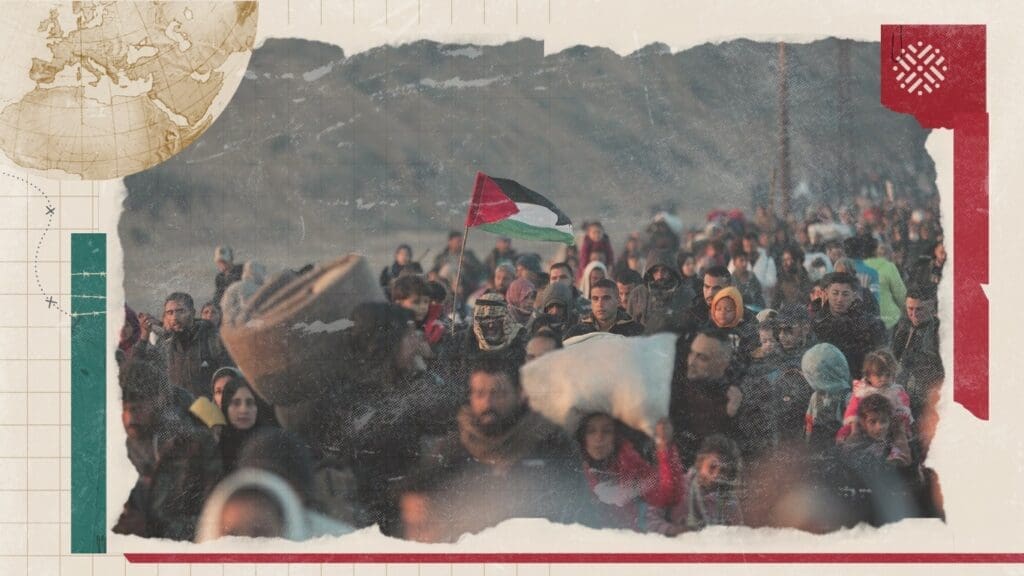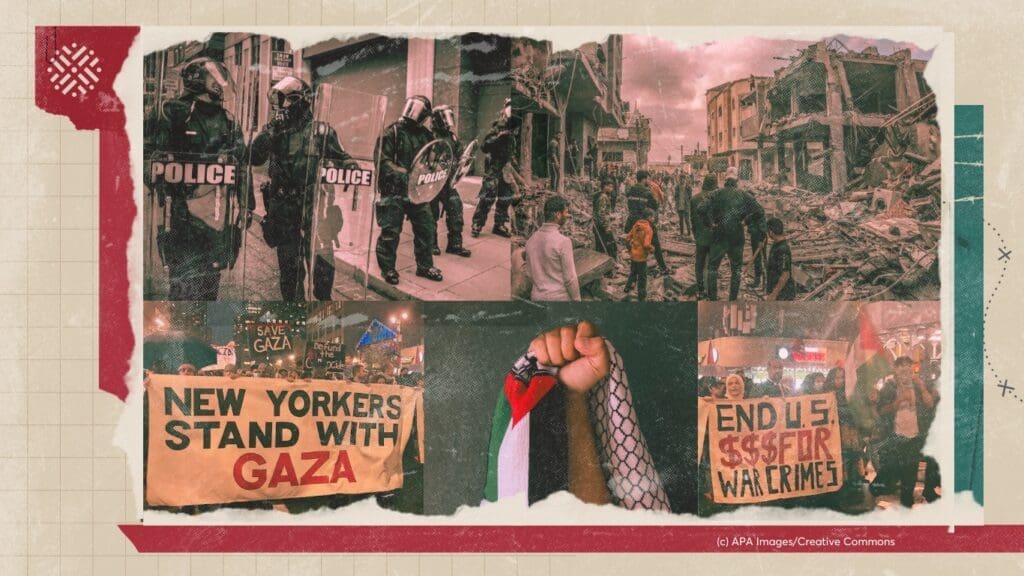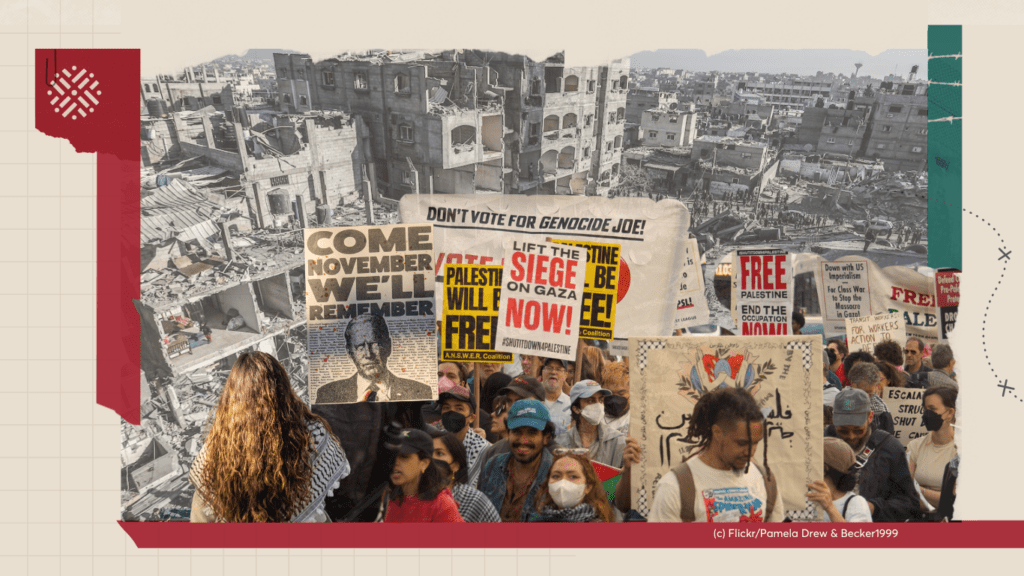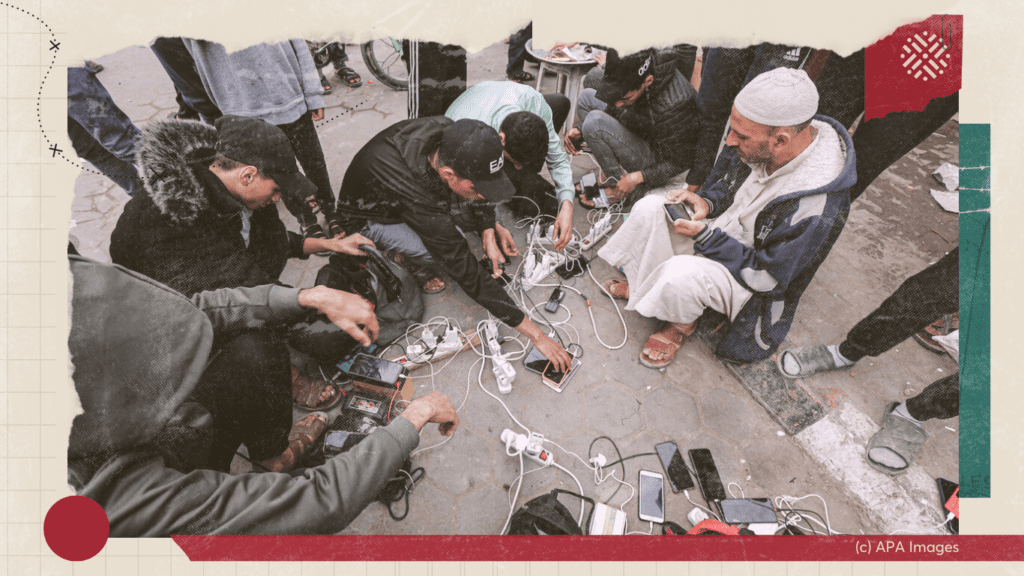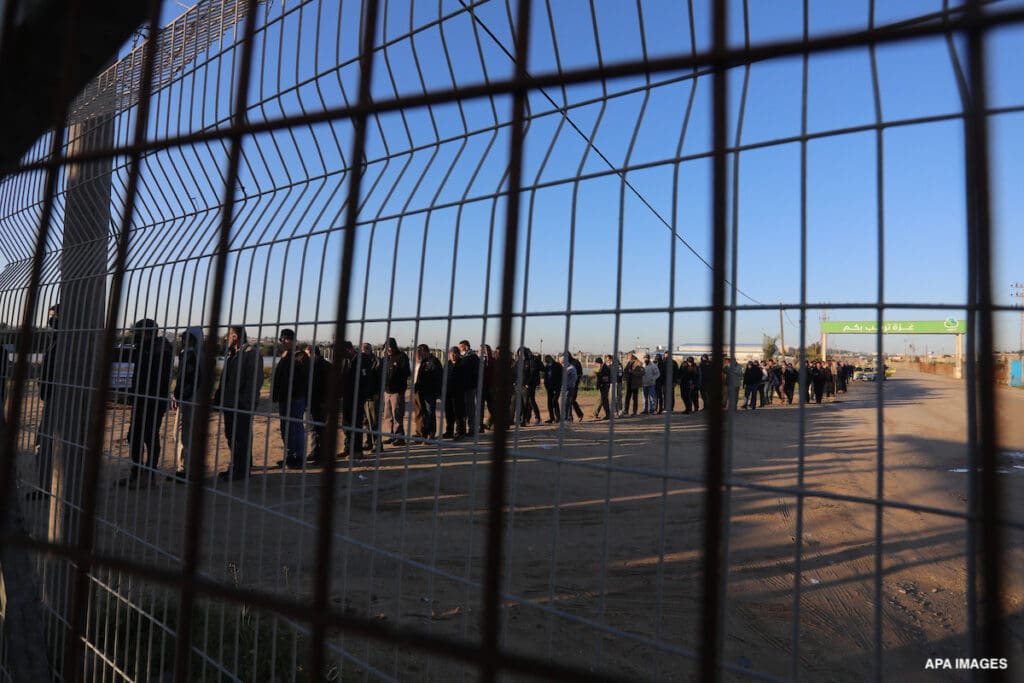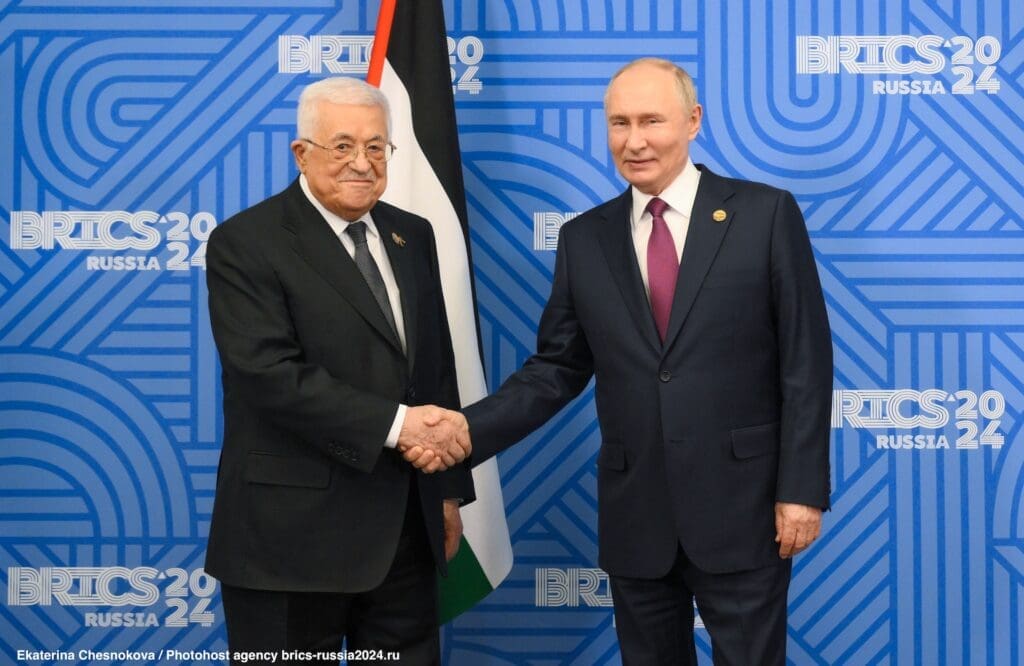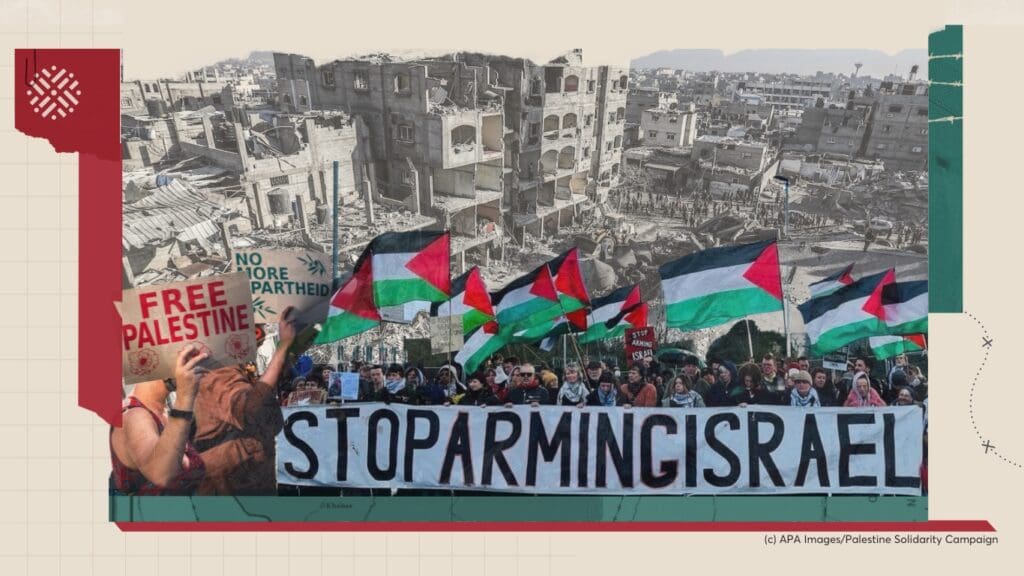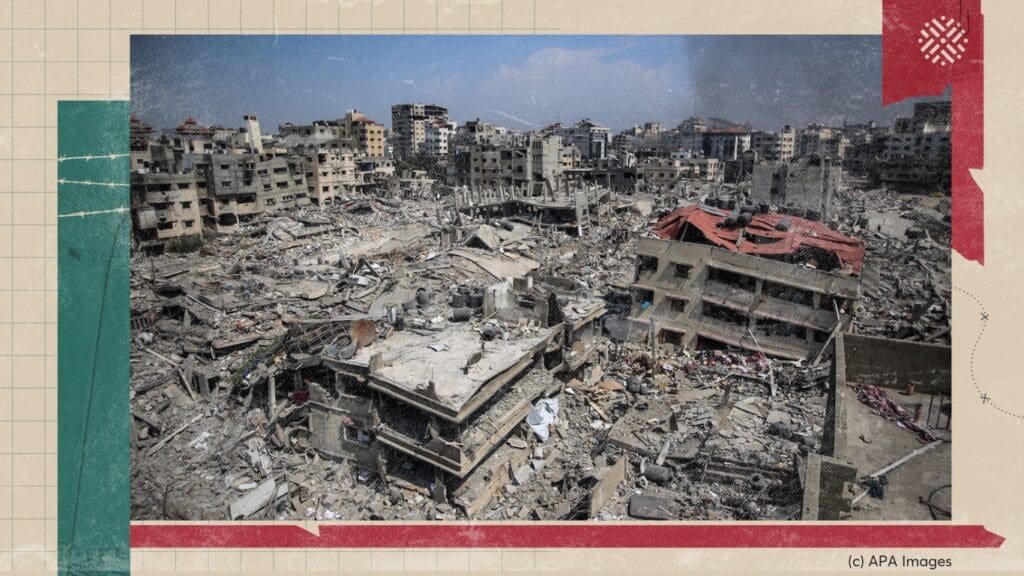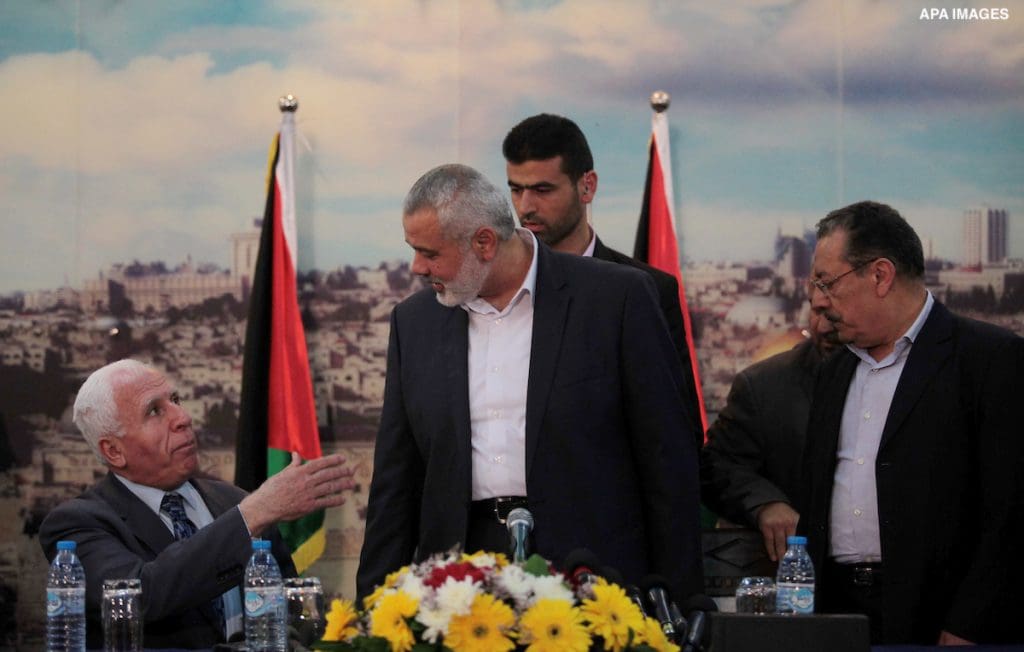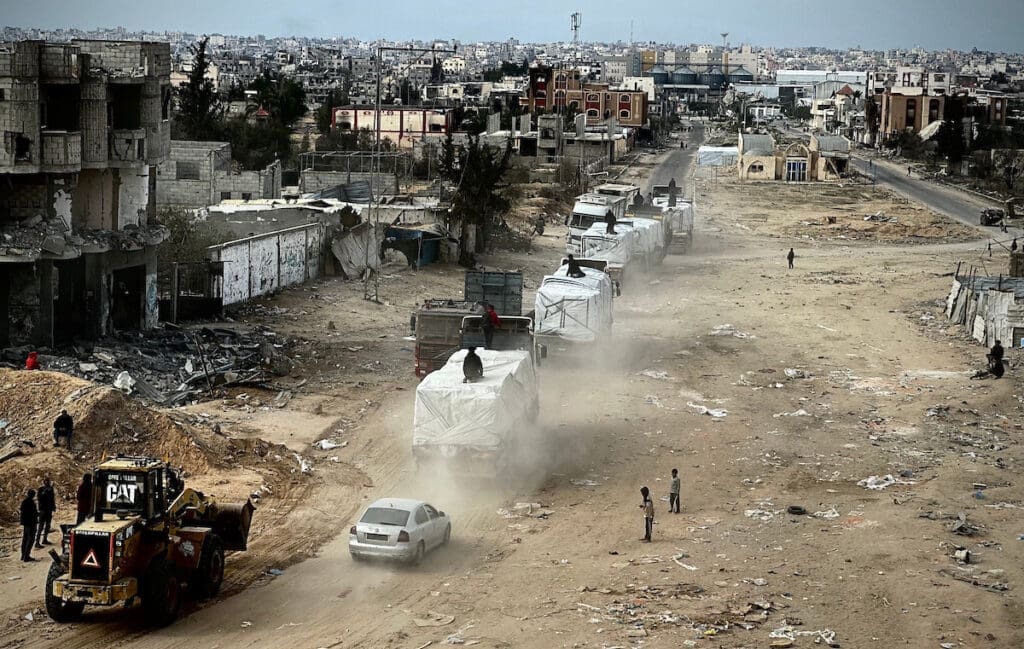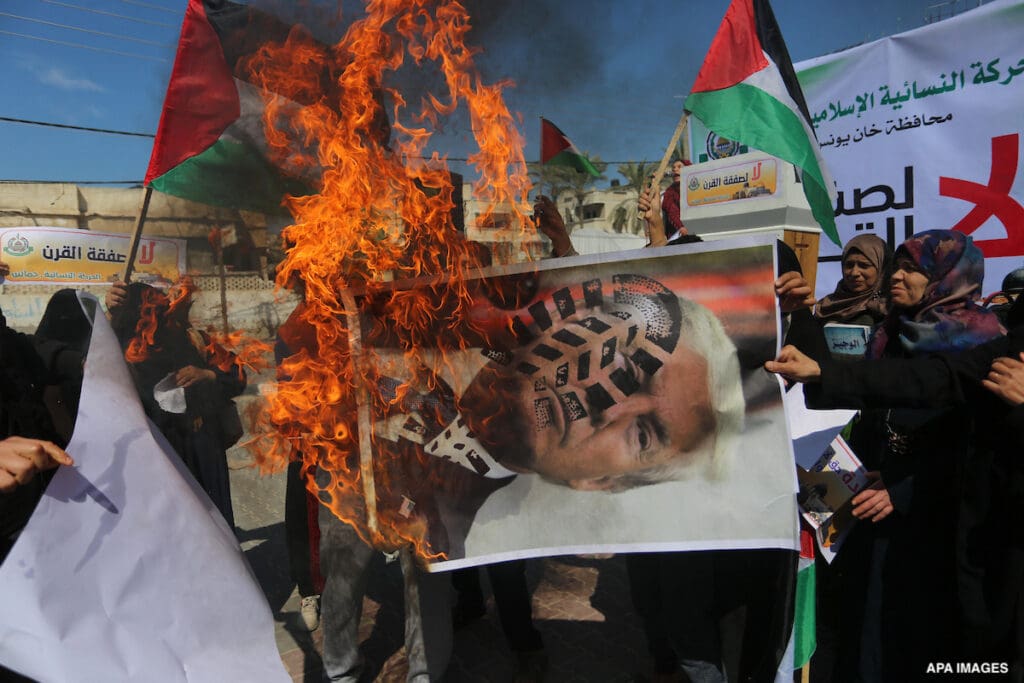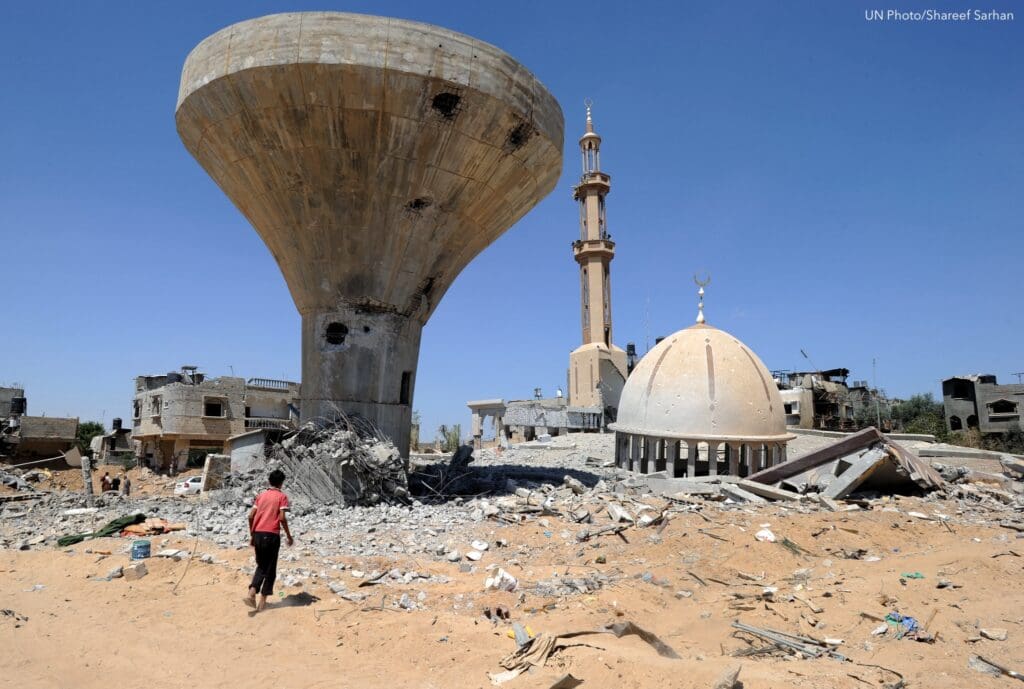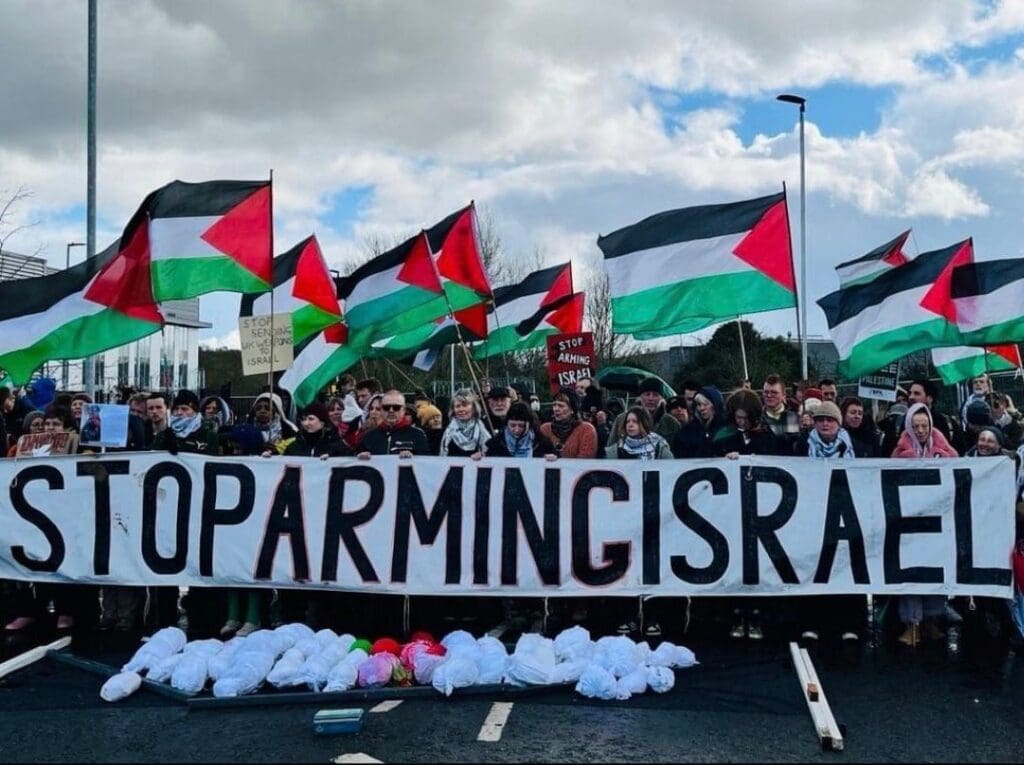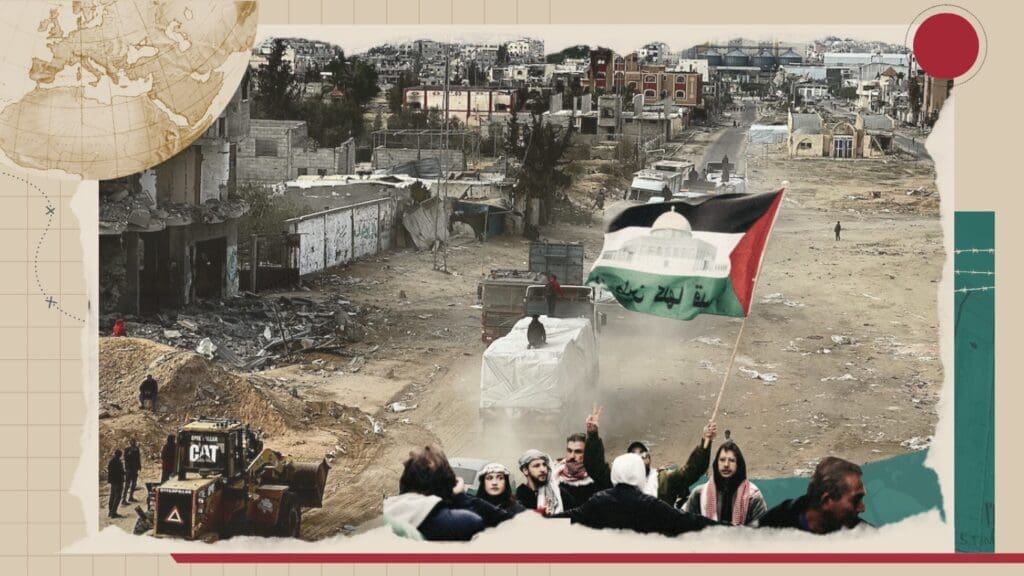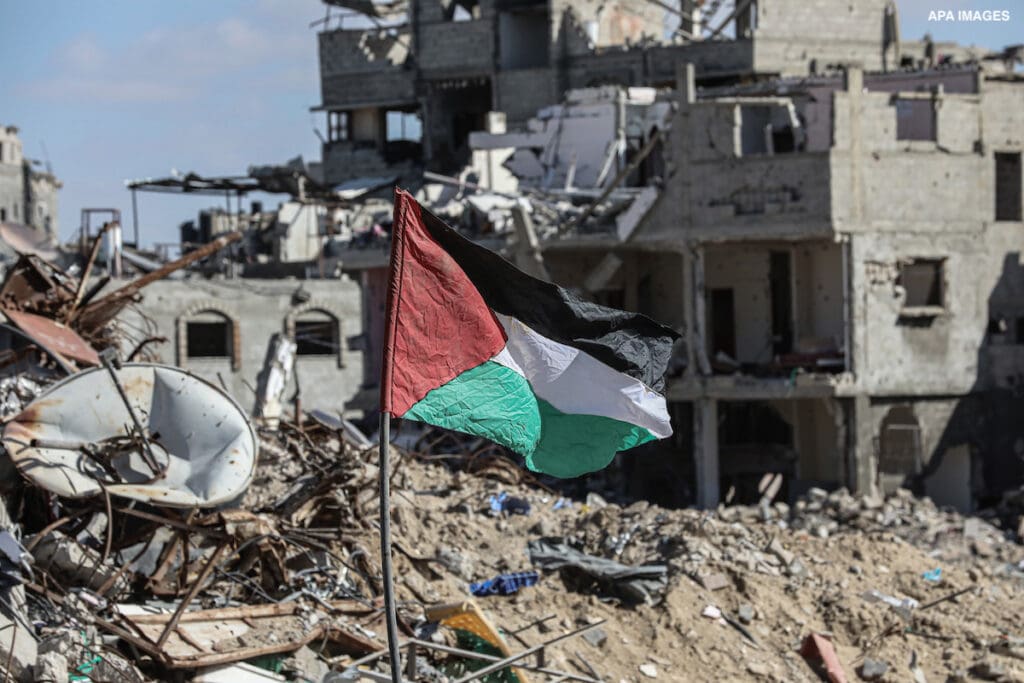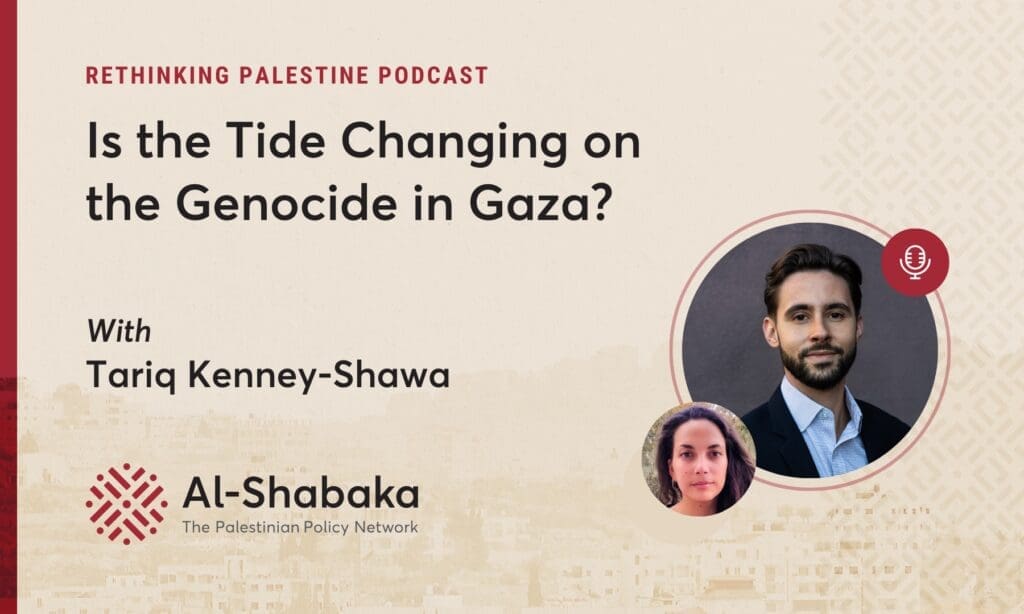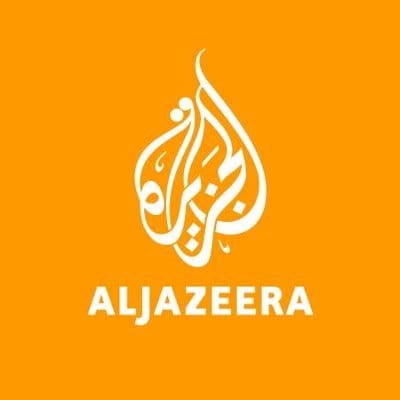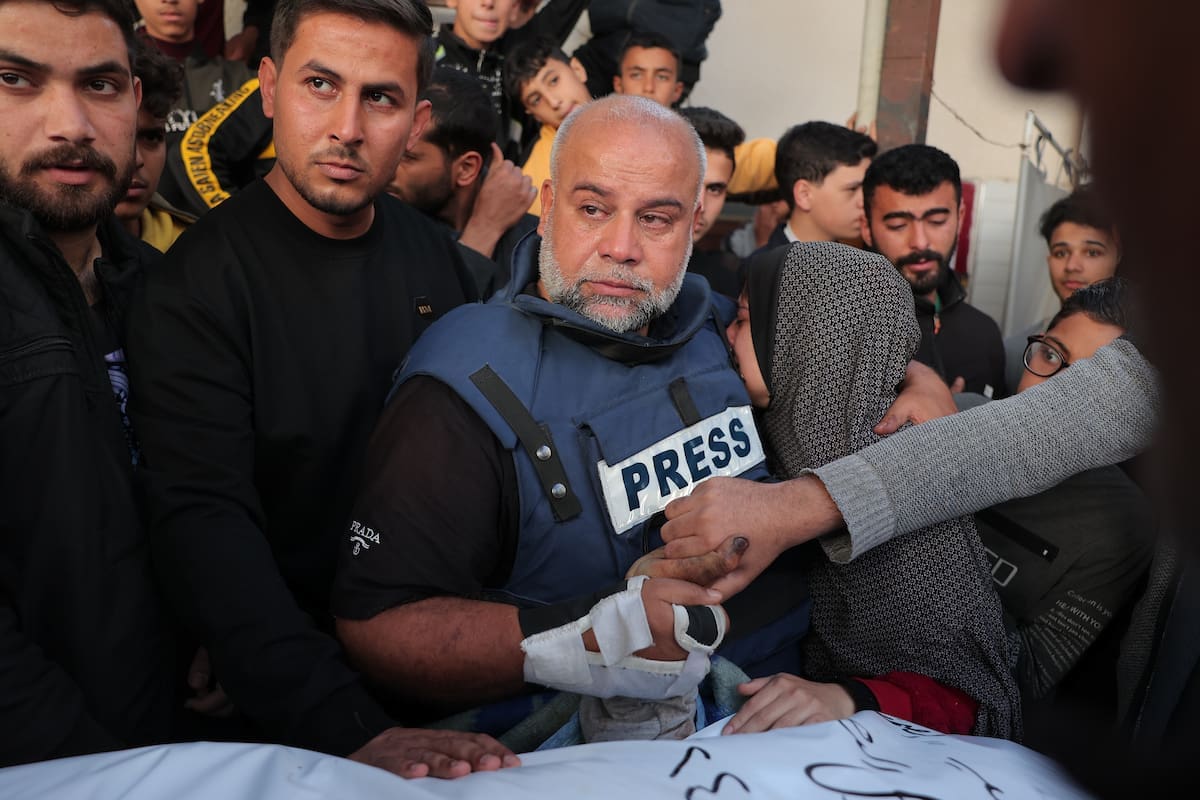
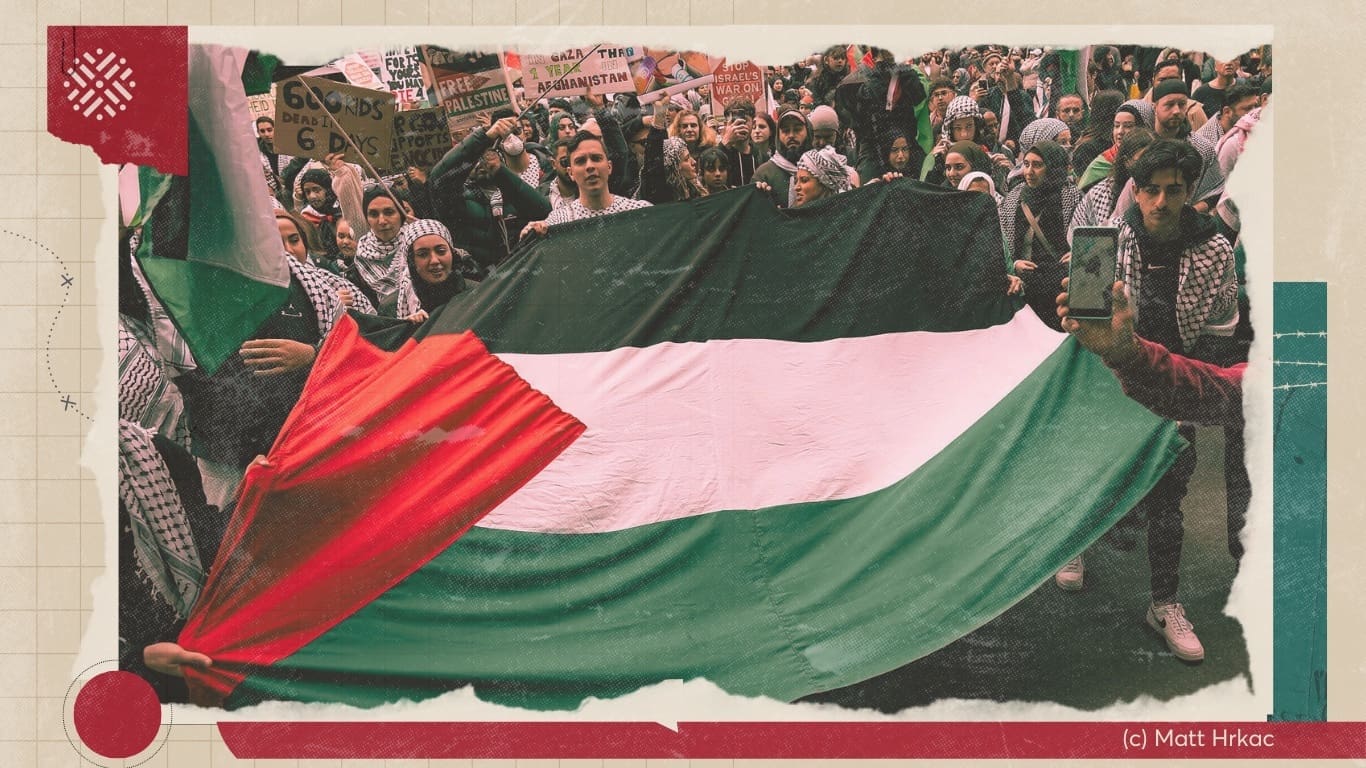
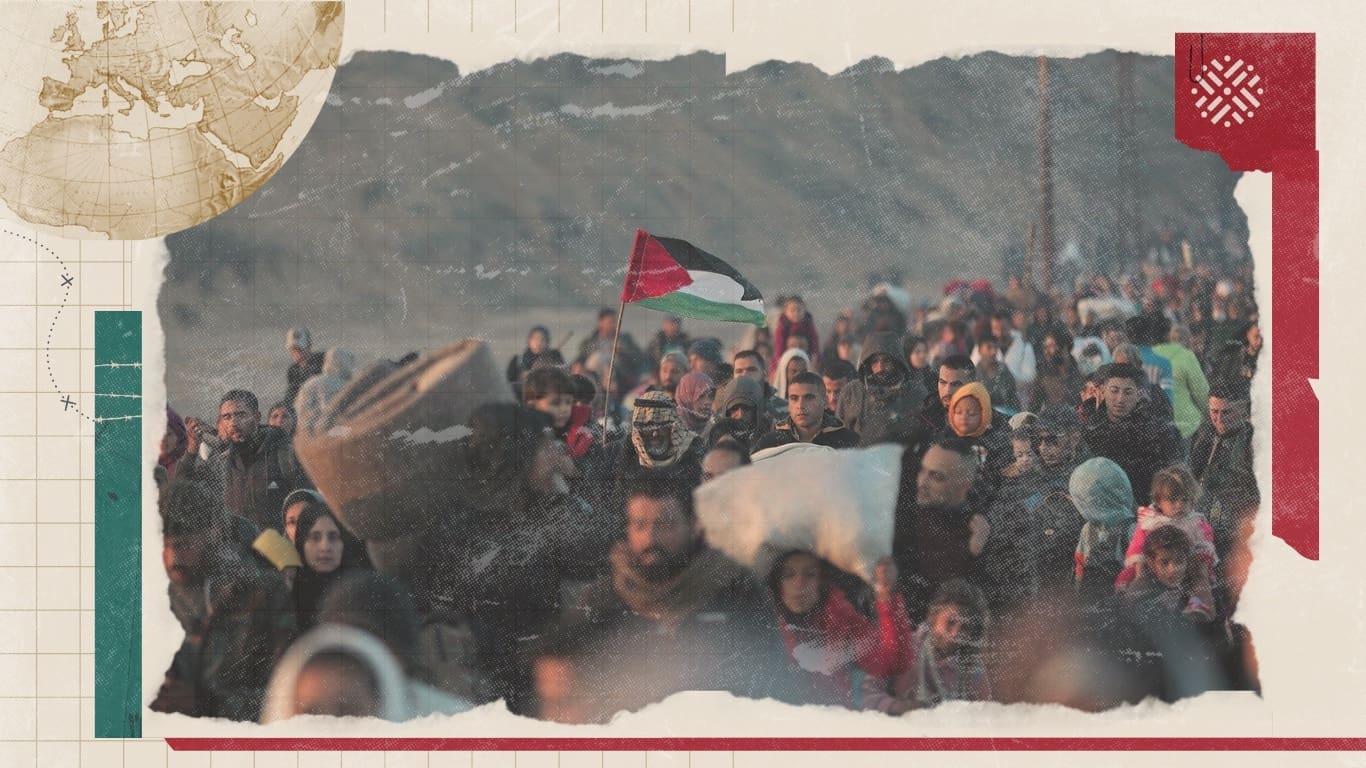
The only global network of Palestinian experts to produce critical policy analysis and collectively imagine a new policymaking paradigm for Palestine and Palestinians worldwide.
Policy Briefs
In-depth analysis on existing or potential policies that impact possibilities for Palestinian liberation. Policy briefs are peer-reviewed and include recommendations for engagement.




Commentaries
Insights and perspectives on social, political, and economic questions related to Palestine and Palestinians globally.
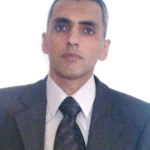




Policy Focus
Compilations of past Al-Shabaka works surrounding a specific theme.


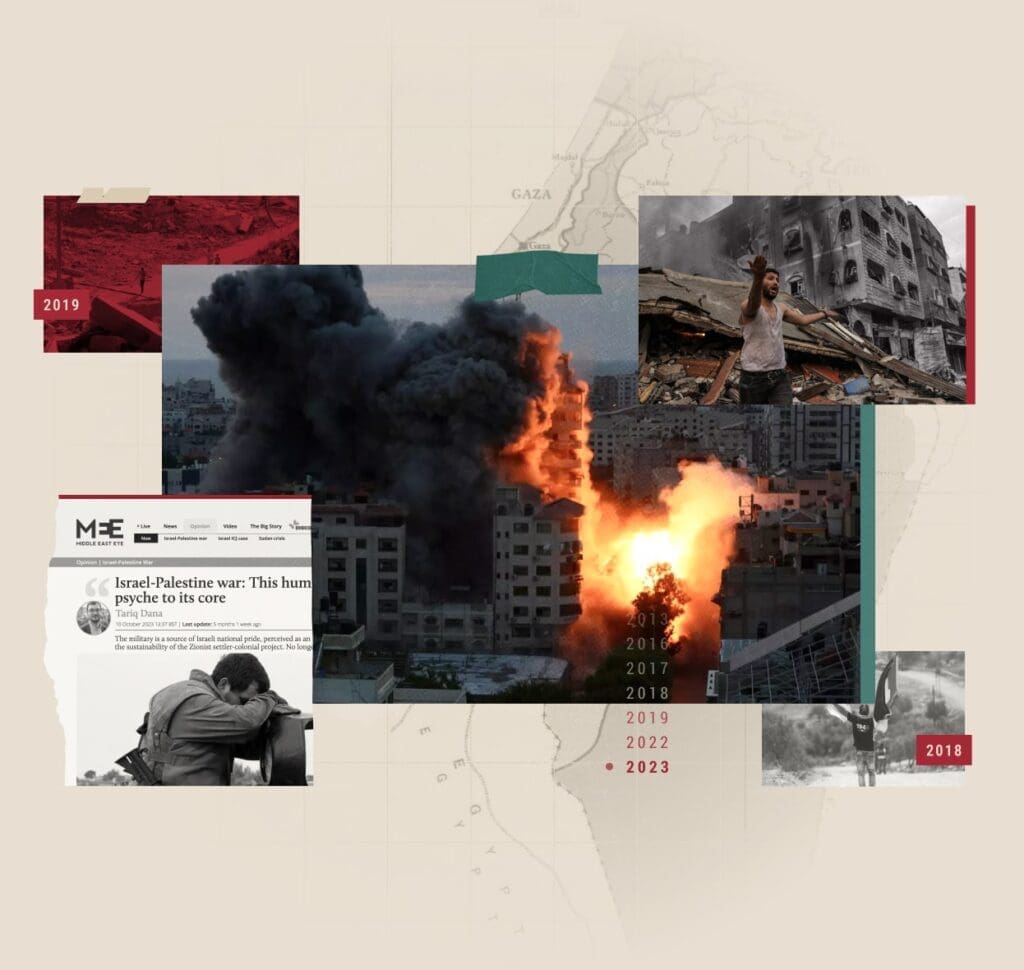
Grounding the Gaza Genocide
Al-Shabaka has compiled a collection of its past works that may serve to ground readers in the wider context of this current moment.
The only global network of Palestinians who produce critical policy analysis and put Palestinian policy voices on the map
Al-Shabaka is a network of intellectuals, practitioners, and activists based in Palestine and around the globe, collectively imagining a new policymaking paradigm for Palestine.
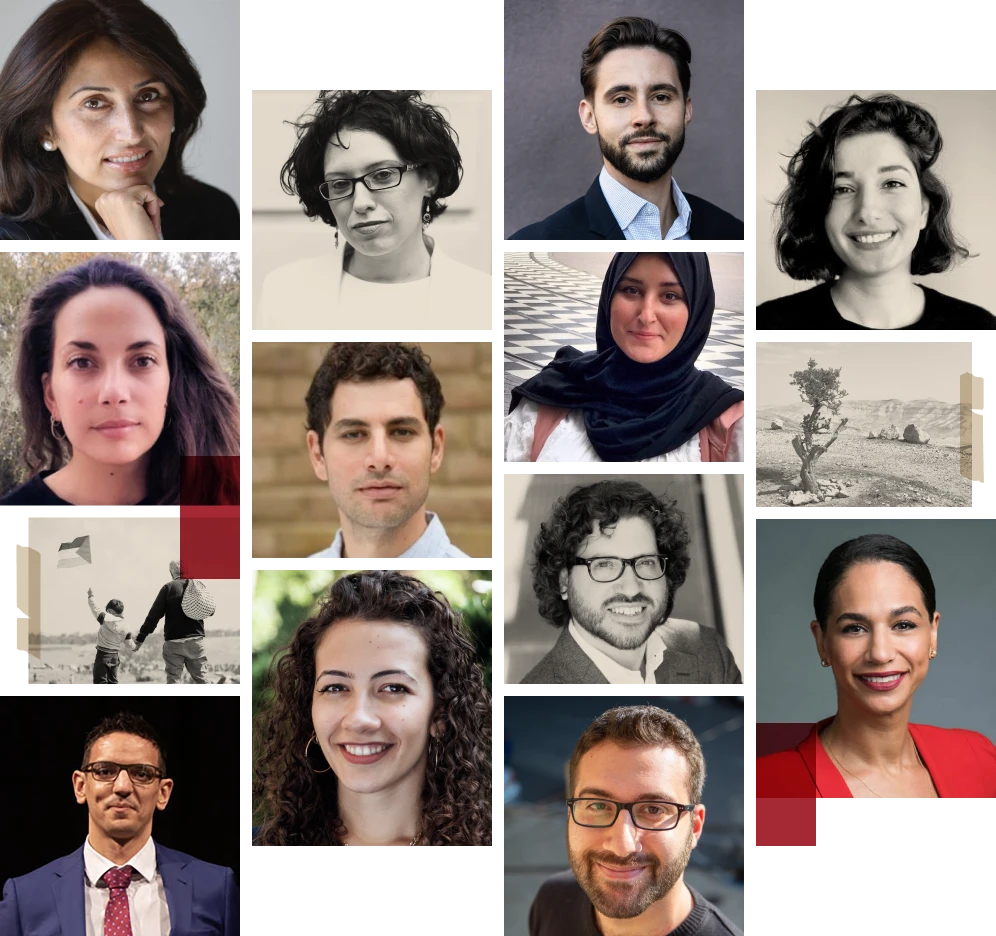
Policy Labs
Our monthly webinar series that brings together Palestinian experts to discuss and debate policy and strategy related to Palestine in front of a live audience.

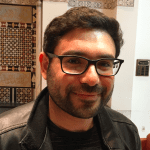







Policy Memos
Concise analysis into a specific policy, its background and implications.
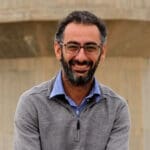




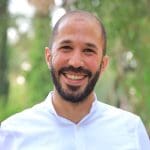


Rethinking Palestine
Rethinking Palestine is a podcast from Al-Shabaka: The Palestinian Policy Network, a transnational think tank that brings together Palestinians from across the globe to produce critical policy analysis and craft visions for a liberated, self-determined future. Host Yara Hawari engages with various Palestinian analysts to discuss recent developments and long-standing questions facing Palestinians worldwide.
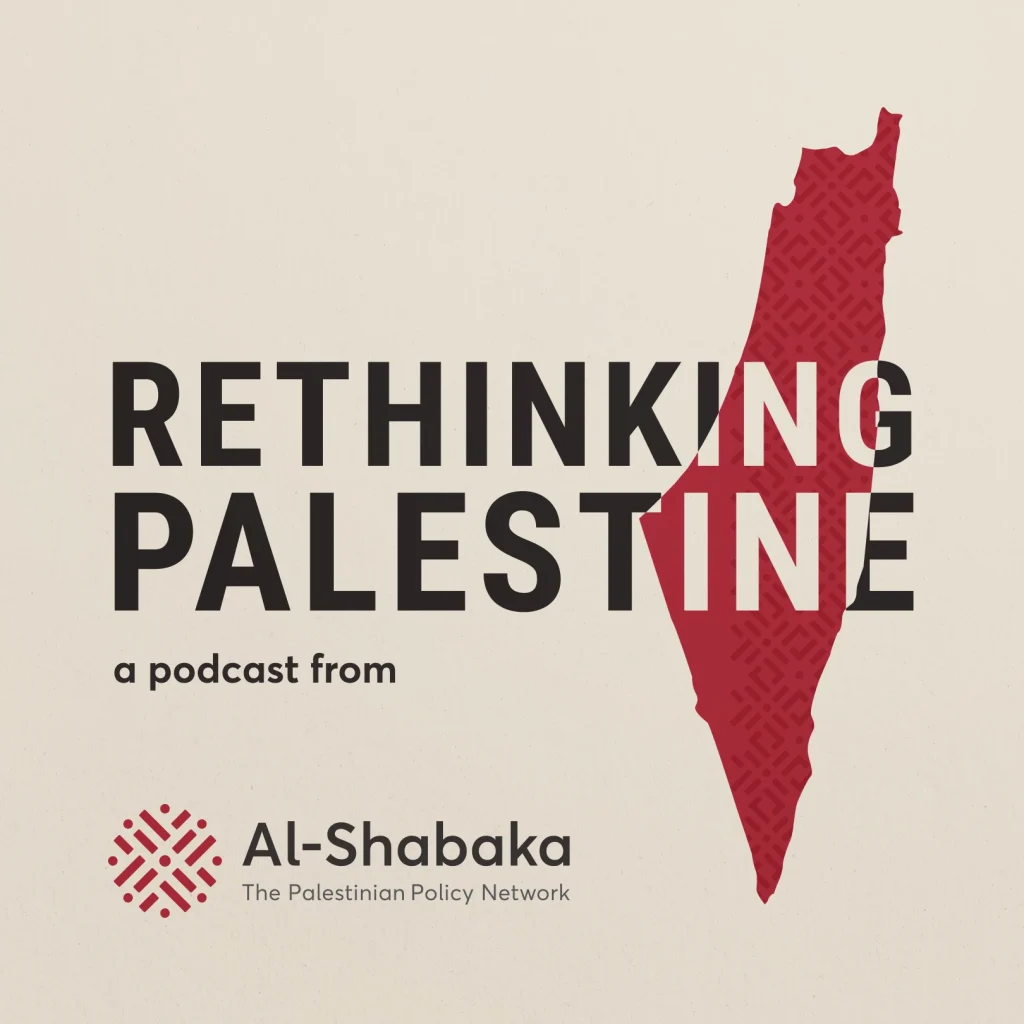
Recent Podcast


Media & Outreach



We’re building a network for liberation.
As the only global Palestinian think tank, we’re working hard to respond to rapid developments affecting Palestinians, while remaining committed to shedding light on issues that may otherwise be overlooked.

